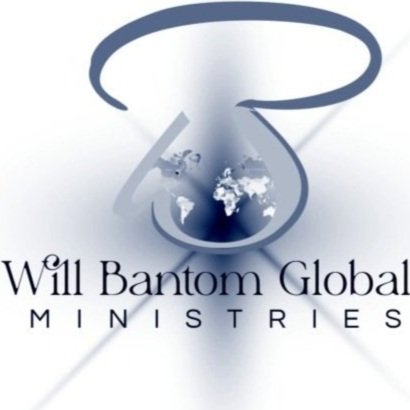Part 3 The Power of Forgiveness
The Devastating Impact of Unforgiveness
Unforgiveness carries consequences that many of us don't fully understand until we're caught in its grip. Like a prison, we build around ourselves that creates a gap in our relationship with God, leaving us vulnerable and defenseless against spiritual attacks. Romans 6:23 tells us the wages of sin, or the pay or recompense we will receive for our sinful behavior, is death. In the literal sense, death is when we die physically; in the spiritual sense, it is when we lose our ability to fulfill the purpose we were created to fulfill, thus rendering ourselves useless to God and forfeiting the opportunity to live an abundant life.
In Matthew 18:32-34, the servant who was unwilling to forgive was turned over to the torturers until he could pay his debt. When we refuse to forgive others, we also refuse to receive our forgiveness, which negates the price Jesus paid on the cross. We, therefore, reassume the original debt for our sin, which is death, voluntarily disconnecting ourselves from God and reconnecting ourselves to the tormentor, Satan. We forfeit our authority over the devil and lose our ability to resist him, which means we literally, not figuratively, become his prisoner.
The impact on our health can be significant. As Proverbs 17:22 tells us: "A merry heart doeth good like a medicine: but a broken spirit drieth the bones." This means unforgiveness eats us up from the inside out and breaks down our body's natural ability to heal itself. Furthermore, 1 Corinthians 11:27-32 warns us about the physical consequences of taking communion unworthily, which includes harboring unforgiveness: "Wherefore whosoever shall eat this bread, and drink this cup of the Lord, unworthily, shall be guilty of the body and blood of the Lord... For this cause many are weak and sickly among you, and many sleep."
I personally believe that unforgiveness is one of the biggest strongholds in the body of believers for two reasons: First, we all have been hurt or will be hurt and forced to choose between forgiveness and unforgiveness. Second, when we do not forgive, we close the door on God while opening the door to Satan. This allows us to hold on to ungodly thoughts, actions, and attitudes toward others and justify these ungodly behaviors.
The word stronghold comes from the Greek word ochuroma, which means "a castle, fortress, anything on which one relies or the arguments and reasoning by which a disputant endeavors to fortify his opinion and defend it against his opponent." A stronghold holds us firmly to a place, position, or premise while resisting all outside input. This stronghold could result from a lie, false doctrine, or mindset that has created a fortified wall around our minds that keeps out truth, healing, restoration, and the deliverance and peace we desire.
Romans 16:17 tells us to avoid anyone who creates division in the body. We are to protect ourselves from those who are walking in unforgiveness by not getting so close to them that we are drawn in. As Luke 9:62 (AMP) reminds us: "Jesus said to him, No one who puts his hand to the plow and looks back [to the things behind] is fit for the kingdom of God." In other words, when we keep looking back, subconsciously we are saying our past is more important than what God is trying to do in our lives right now.
Based on my observations, these are some common signs of a person walking in unforgiveness:
Prayers are not being answered: If you feel you cannot get a prayer through when you start going through your checklist looking for possible hindrances, ask God to search your heart to see if there is any unforgiveness.
Peace is easily interrupted in certain situations or around certain people: When we find our peace interrupted around certain people with whom we've had issues that we thought we had forgiven, this is often an indicator that forgiveness may have taken place in our heads but not in our hearts.
Prone to illness: Unforgiveness fractures our spiritual connection to God and Godliness and breaks down our body's ability to properly handle stressful situations.
Unprovoked outbursts of anger or violence: If we find ourselves angry and cannot identify an external or current source for the anger, there must be an internal source driving this emotion.
Often brings up past hurts or harms during unrelated conversations: No matter what new opportunities or blessings God may bestow on someone, their focus always goes back to the past.
Feels stuck and unable to move or grow spiritually: Remember, unforgiveness puts us in the debtor's prison, which restricts our spiritual and emotional movement.
Tune in next for the final part of this series, where I’ll be focusing on Breaking the Stronghold of unforgiveness by developing the mindset of the forgiver.

